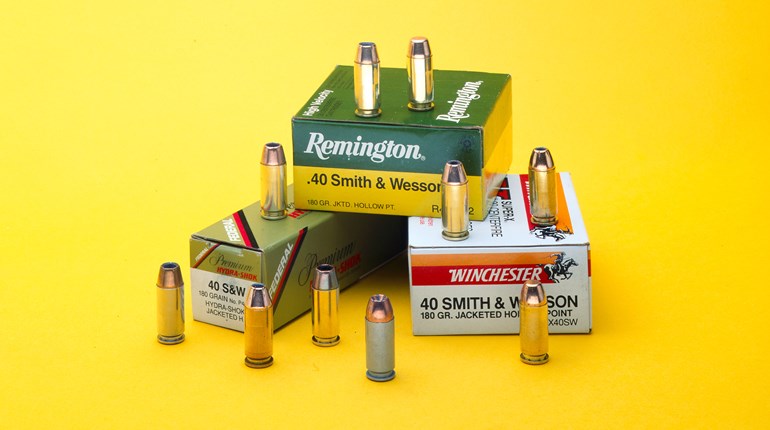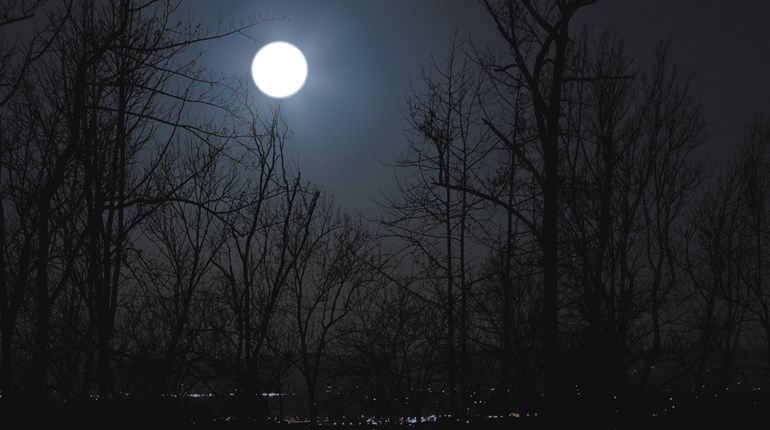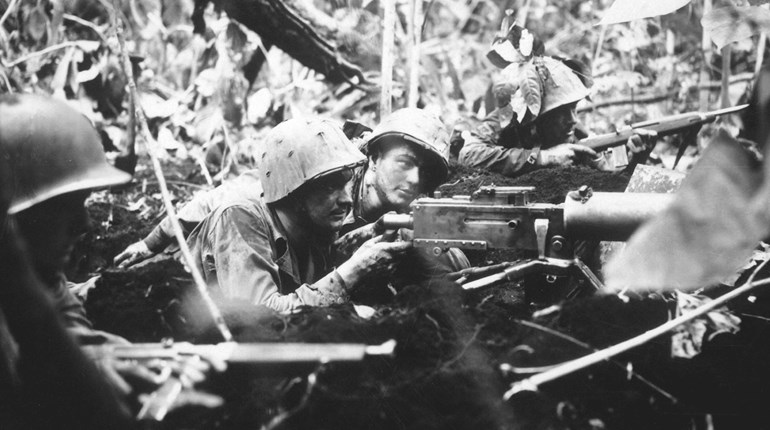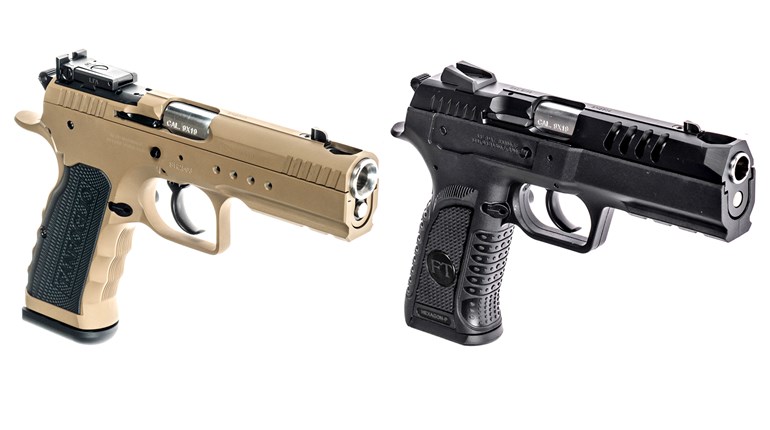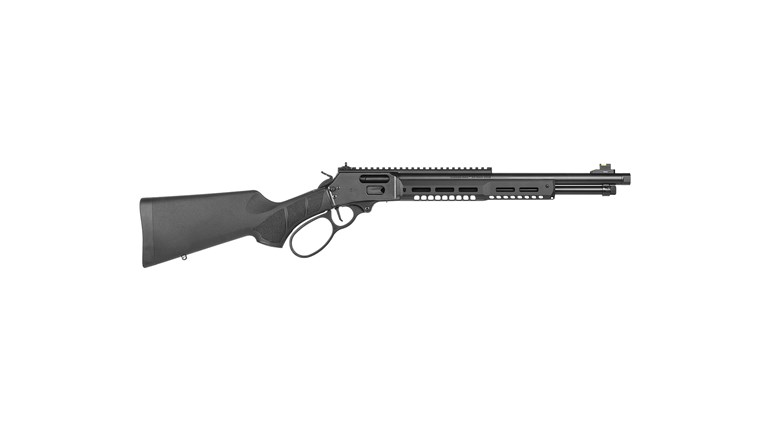
When the legionaries of ancient Rome headed north to get the minds of other Europeans right, they took companions along. Before there were trucks, there were wooden ox carts to move the heavy supplies that couldn’t go on the backs of the legionaries. And before there was refrigeration to keep essential protein fit to eat, herds of cattle were just marched along behind the legions. Most nights on the march, a cow or two was slaughtered and cooked over an open fire so the troops might be nourished. Red meat, a staple of the legion diet, was herded and protected by dogs. Bones, a by-product of this walking commissary, were fodder for the dogs. The Roman war dogs, great shaggy black monsters said to be the lineal predecessors of today’s Mastiff breeds, earned their keep in services that got the legions to the battleground. And, it didn’t stop there.
The Roman legionary fought as part of a cohort—shoulder-to-shoulder—that gave each man enough room to stab with his spear and slash with that wicked little gladius sword, all from behind an iron-edged, oak shield. When they were engaged, the enemy was only a few feet away. Any enemy on the ground was fair game for the war dogs that fought a little lower. The dogs not only defended the legionary’s lower extremities, they would attack from under the lower edge of the wall of shields. As long as they maintained interval discipline, the legions of Rome were more than a match for the barbarian hordes. The dogs were full partners in the carnage. And, they still are. When Seal Team Six boarded the big helicopters for the ride into Pakistan and the assault that gave a small measure of justice for 9/11, there was a seat for a war dog. His name was Cairo, and he was a hell of a warrior.
A bond exists between warrior and dog. Sometimes the dog’s loyalty is a function of how well the warrior feeds it, but it goes deeper than that. The bond doubtless pre-dates Roman times, but I have a mental picture of a tired, dirty legionary sitting on a big rock somewhere in Gaul. His day has been long and bloody; the slab of ox rib he is tearing into is tough and there is no salt for taste. As he looks around the camp, his eyes lock with those of one of the big dogs that fought alongside him all day. Initially, the gaze may have been confrontational, but when the soldier reaches out to him, the dog permits a small familiarity. He gets his ear scratched and a small hunk of meat. Nature made the man the superior being, and both know it. Eventually, the dog can become a loyal companion in all the soldier’s endeavors. And it isn’t the tough meat that does it…it was the scratched ear.
I was not one of those guys who grew up with dogs, but I have become intrigued with the mystique of the man-and-canine relationship. This is particularly true as it applies to the dog’s protective nature. In this regard, I was privileged to know a great dog who was the constant companion of a legendary American warrior, Col. Rex Applegate. Deke was a Rhodesian Ridgeback, a breed with origins in the frontier farms of what is now Zimbabwe. Some sources claim early Ridgebacks were used to hold lions at bay until a rifleman could get to the scene. My earliest impressions of Deke were that he could have held a pride of lions at bay. He was one of the most intimidating creatures, but also one of the smartest dogs I’ve met.
Deke was the alpha male in a pack of six dogs. There were a couple of purebreds in the pack, but also some products of random breeding. Deke remained strongly in charge for a very long time. If you watched his crew enough, you could see how much he was the gunnery sergeant. Before they knew her well, my wife came back to the chain-link-fence compound one day. The other five dogs went crazy with their snarling and barking as she made it to the gate. Deke barked down each one of them, individually. They never approached her aggressively again.
Deke always looked like he expected serious business just over the horizon. He never seemed to be content unless he could see what the Colonel was doing and it sort of went the same way in return. There was a strong-but-comfortable bond that ran between those two males. Deke’s personality and service earned him a spot by the big fireplace in the house at night. And, the Colonel always had a few minutes to scratch his ears and stroke that curious ridge of hair down his back. But all it took was one word uttered in that tone of voice (Deke!), and the big dog was on his feet, head down, nostrils flared, with malevolent violence in those dark eyes.
Deke outlived his master, who passed 20 years ago. I went by the house several years later and an obviously aging Rhodie was still there. After dinner, while enjoying fireside libations with Mrs. Applegate, I sat for a moment on the hearth. Deke came over and placed his muzzle on my foot. I firmly believe he was reminiscing about the many happy times when his boss was alive and was telling me how much he missed him.
Some things are every bit as important as your fightin’ iron.












